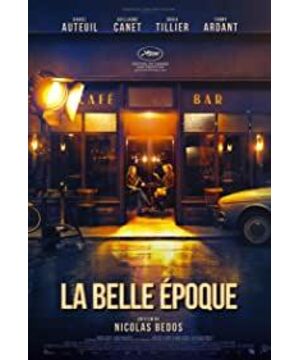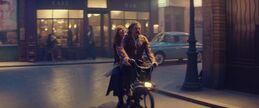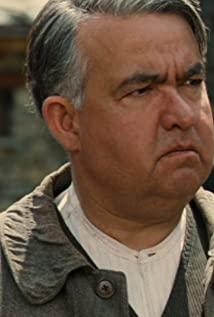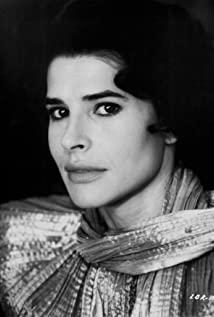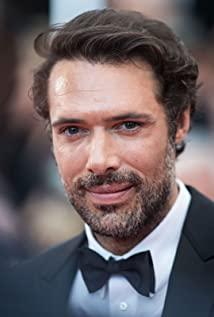A subject that was once broken by Feng Xiaogang's play, was played with a new meaning by the French.
Dreaming in Feng-style comedy can’t get rid of local air and rage, while dreaming in "Good Dreams One Day Tour" has the romance and literature unique to the French, because as the movie title "Beauty Times" says, they believe I have really experienced a good time. The beginning of the movie is surprising-not because of the setting of turning back time and revisiting mandarin dreams through artificial scenes, but because the setting of the relationship between the characters creates multiple story spaces:
The old man broke with his wife, and decided to rely on the Dream Day Tour team to reproduce his first encounter with his wife when he fell in love; the actress who played his wife when he was young is also the girlfriend of the director of the Dream Day Tour; and the director is the old man. A good friend of his son, he was influenced by the old man for a lifetime when he was a teenager. The old man was completely taken back to the past, but a little bit less pure. The young woman he faced was not only what his wife looked like when she was young, but also a modern woman who had nothing to do with his wife. There are two trends between him and her: Will he regain his love for his wife because of the actress? Or will he fall in love with the actress herself?
Look, the structure of the play in the play complicates a person's identity, the thing about love becomes more subtle, and the thing about nostalgia becomes more interesting. And this "drama eye" has become even more interesting because of the complicated and sophisticated relationship between the characters mentioned above: the old man has inexplicable feelings for the actress (wife when he was young), what does the actress think? What will happen between her and her director boyfriend? What will happen between the old man's wife and him? The plot goes to the deep water here, and many possibilities have emerged. However, just when the screenwriter was able to show off his talents, he turned around and ran towards the most vulgar ending: the old man and his wife were rejuvenated, and they turned out to be, and, okay. Alas, it is a light comedy positioning after all, and everyone is happy in the end. But everyone in the play is happy, and the audience is not happy. There is only one thought: after setting it up for a long time, will you show me this?
View more about La Belle Époque reviews


